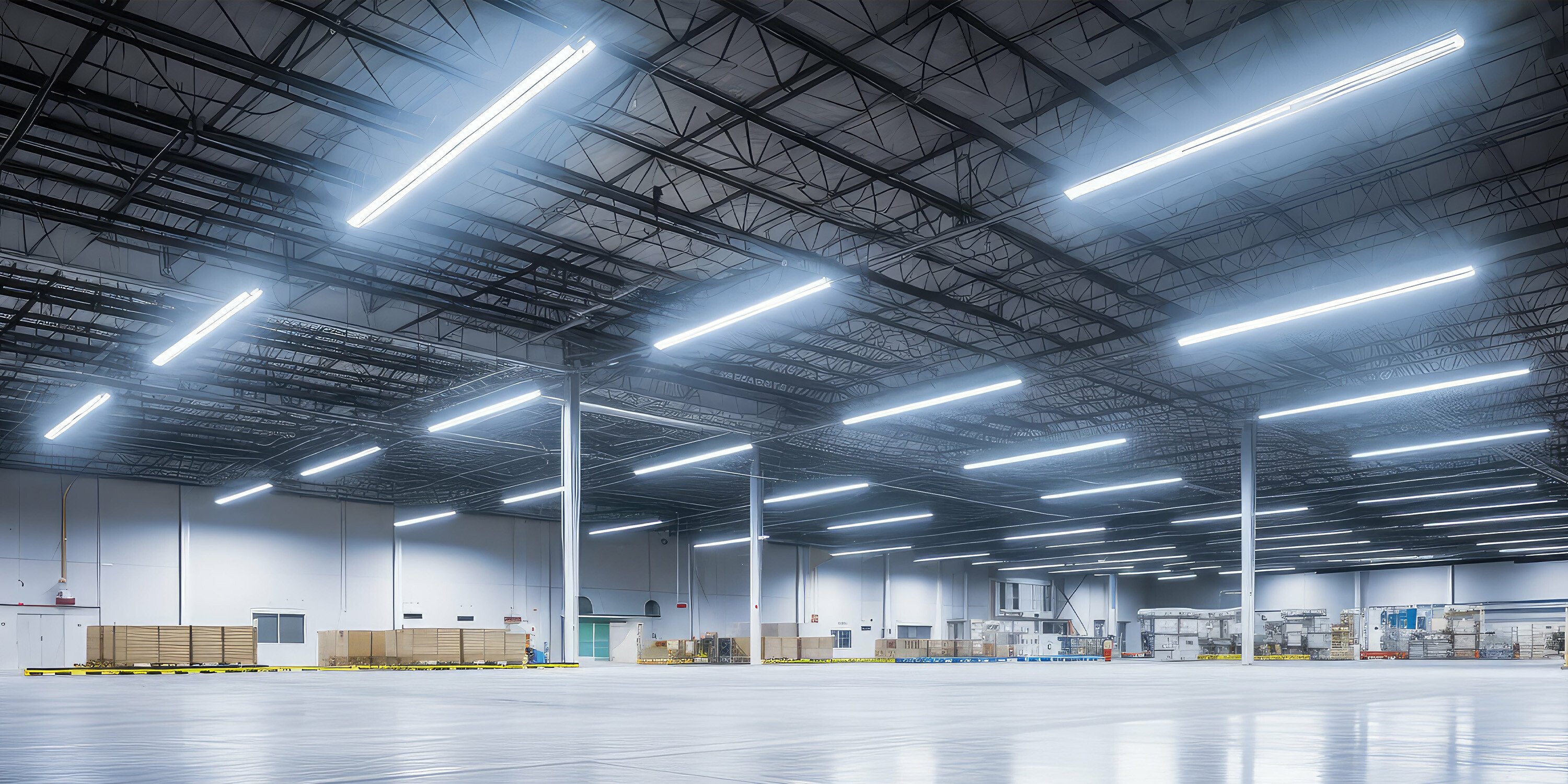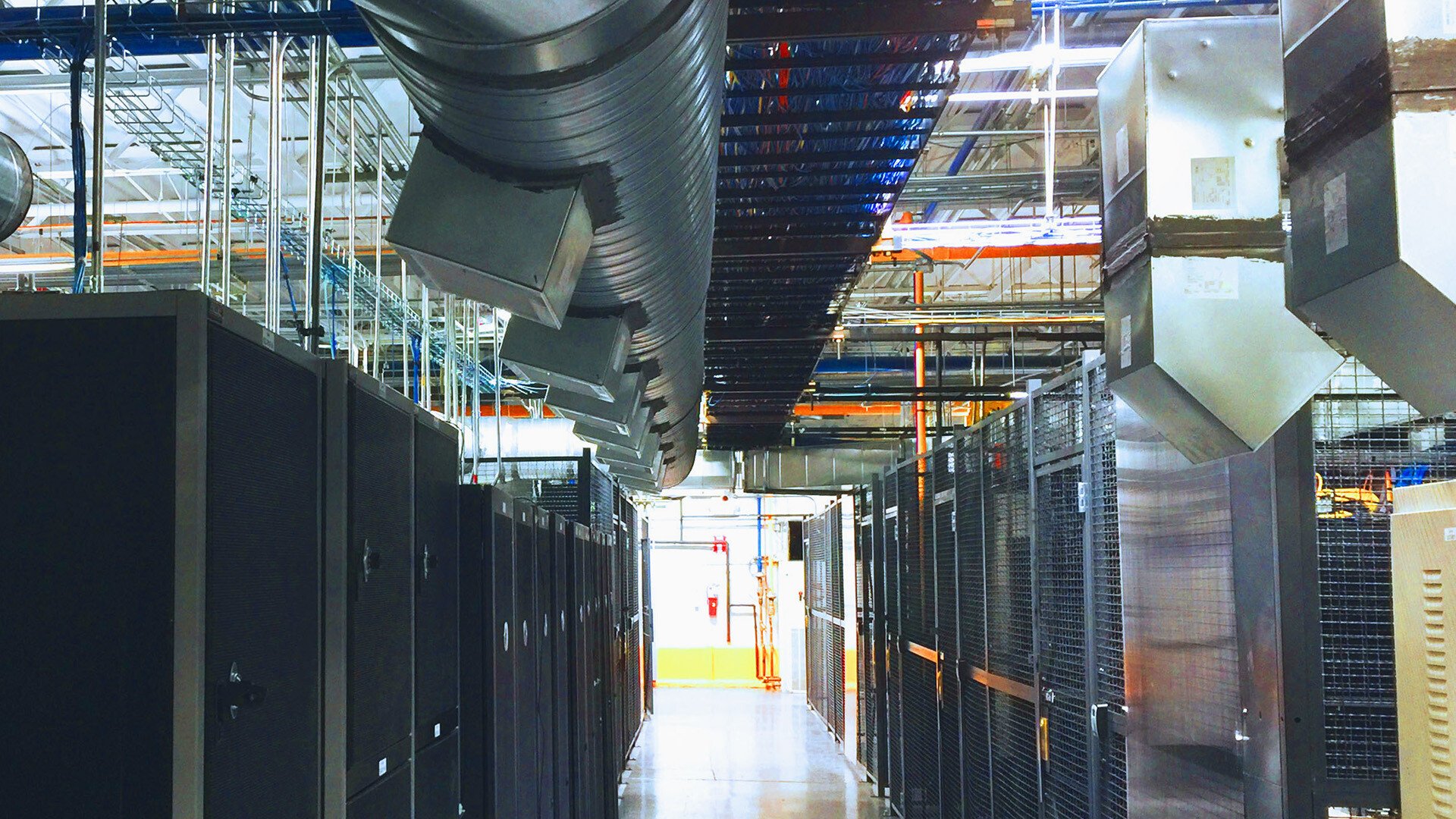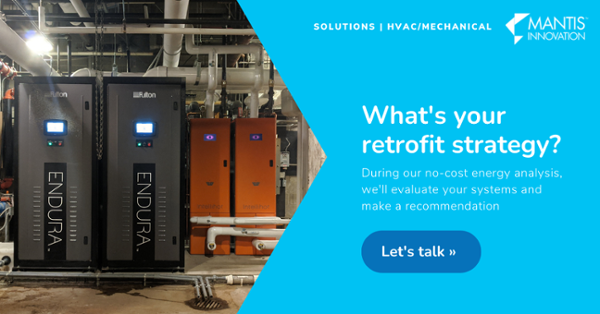Energy Efficiency | June 10, 2019
Are You in Hot Water [Boilers]?
A custom-engineered hot water boiler upgrade is saving one of our Cambridge, MA-based customers over $140,000 annually. Energy services – like LED lighting upgrades, data center mechanical optimization or building management system improvements – that include boiler retrofits, are designed to be attractive to both finance and facilities teams. The best-designed energy services projects improve facility operations on site, prove back their ROI within a reasonable payback period (typically 2-5 years, though some of our best projects have come in close to 1-year payback) and of course: save energy. At this luxury condo site in Massachusetts, our energy services focused on HVAC and mechanical savings.
Cambridge, MA is an old town with dozens of historic buildings. While a building that was built 30-50 years ago may not qualify a site as “historic” in the eyes of the city, it certainly does for energy services engineers. Outdated HVAC systems can cause a number of issues: unreliability, inconsistent heat/hot water or cooling and expensive electricity bills due to electric heat. These were some of the challenges faced by the high-end condominium project.
It’s in a condo association’s best interest to provide a premium experience for residents while simultaneously maintaining low operating costs. We found that to solve for both of these challenges at the Cambridge, MA condos, we needed to tackle the boiler.
The HVAC system consisted of a hydronic loop serving heat pumps in the spaces. A 675 kW electric boiler provided supplemental heating to the hydronic loop. Not only was the 30-year-old electric boiler at end of life, it resulted in very high electricity bills. Our mechanical engineers designed a new system including:
- New gas fired condensing hot water boiler
- Controls to enable better system management
- Gas piping, water piping and vent piping to tie into the rest of the building’s HVAC system
The new boiler featured a modulating burner, variable speed blower, flame safeguard control, an outdoor air sensor and condensate neutralizer. For the installation, our team installed a new concrete pad to house the boiler, 4” diameter gas piping from the outside utility gas supply, a U.L. F.M. I.R.I code compliant gas train from gas line to boiler, hot water piping from the boiler to existing supply/return lines and AL294C breeching as required by Massachusetts’s codes and regulations. Additional installations included sealed combustion air PVC piping and interface piping with the existing electric boiler circuit. The existing electric boiler was kept as backup.
The new gas fired hot water boiled significantly reduced energy consumption, saving the condo association over 1 million kWh annually and net annual savings after gas expense of over $100,000. Thanks to a combination of financial savings and utility incentives, the project payback period was less than one year.
Tackling a boiler system fuel conversion can be overwhelming due to its complexity and expense. However, as the luxury condominium project proves, the financial savings and ROI make it an attractive upgrade.
Related Posts
Discover more content and insights from Mantis Innovation

The Cost of Inaction: Why Businesses Should Act Now on Energy Efficiency
In today's fast-paced business environment, the financial and operational losses businesses incur by delaying energy efficiency improvements, the "cost of inaction," is more relevant than ever.

In today’s AI era, human intelligence is the key to data center facility and energy optimization
Nowhere else in modern industry do artificial and human intelligence converge with such transformative potential as in the world of data centers. As AI's extraordinary growth accelerates demand for

Your Guide to LED Lighting for Business and Commercial Buildings
Never to be underestimated, LED lighting and well-designed lighting retrofits and upgrades offer businesses big improvements like reduced energy costs, reduced emissions, and improved working

Five Trends Driving Data Center Facility Energy Optimization
Today’s digital economy, commercial and industrial digitalization, and the recent explosion in artificial intelligence and machine learning (AI/ML) powered computing are driving massive growth in
